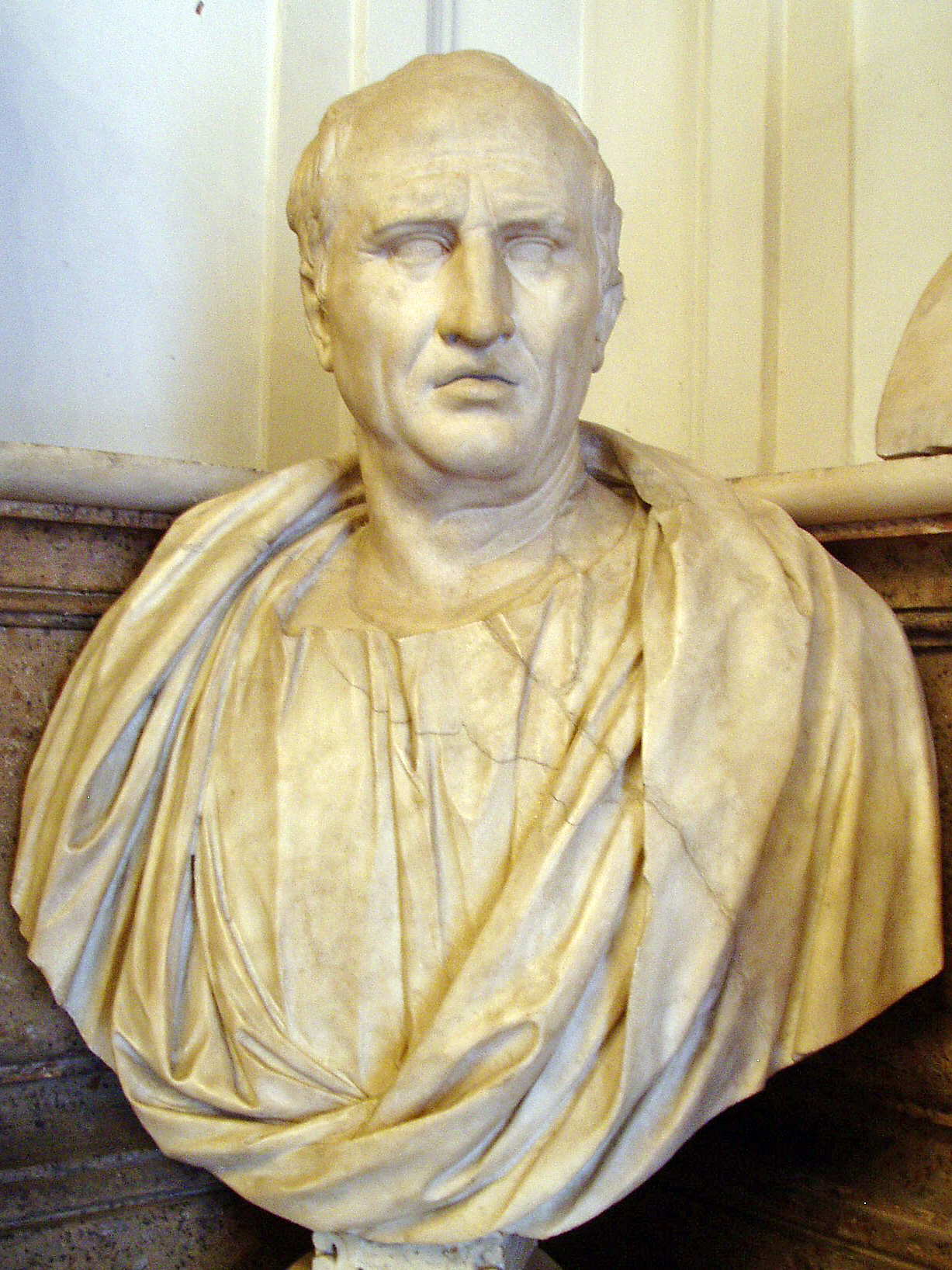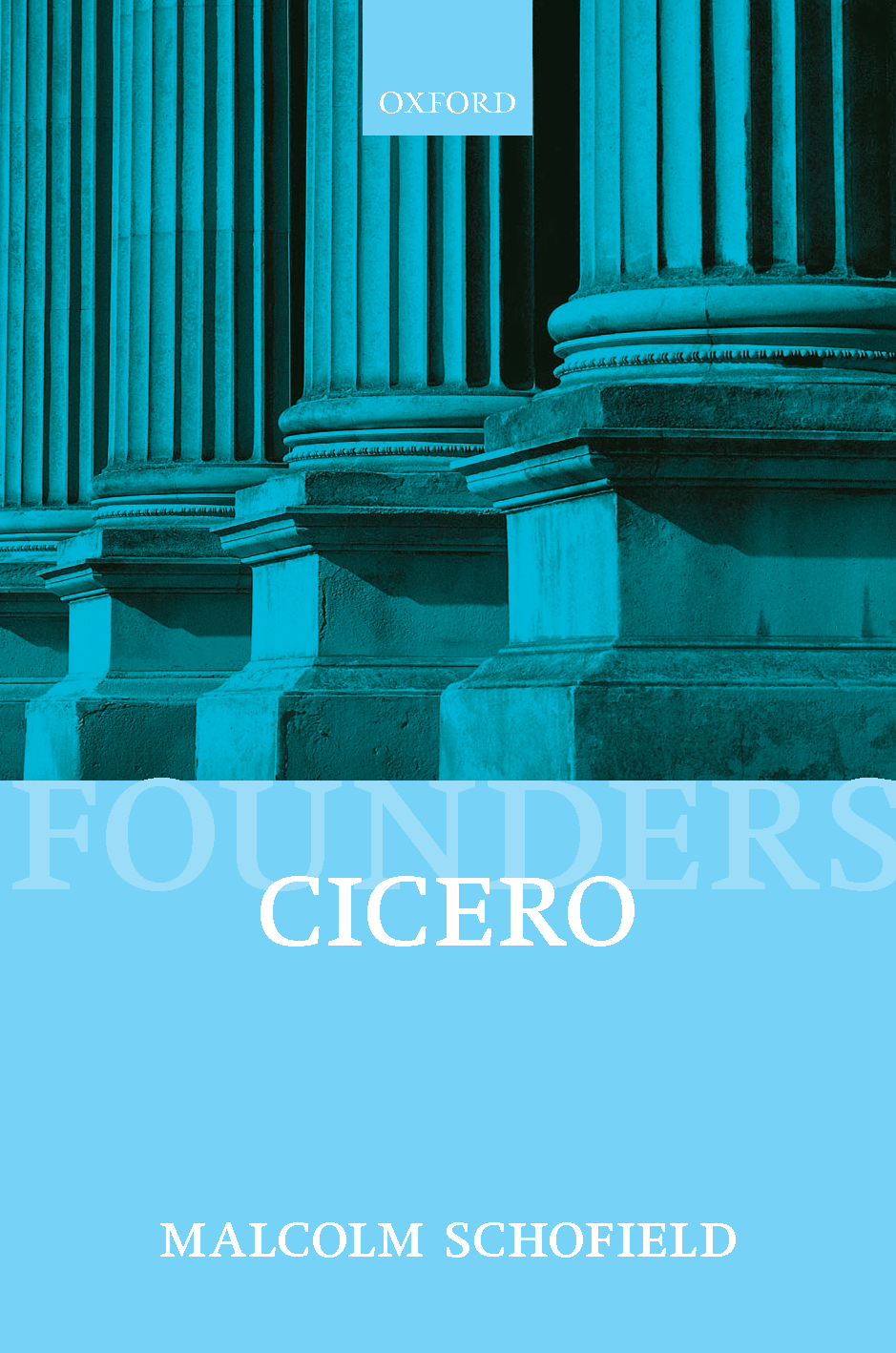The Roman ‘influencer’ whose voice still speaks to us in troubled times
“Cicero lived in the most extraordinary times, comparable with our own"
The key political ideas of the famous Roman orator Cicero are as topical now as they were 2,000 years ago, says a leading expert on ancient philosophy.
Marcus Tullius Cicero (106-43BC) was a scholar, lawyer and politician whose prolific writings form one of the greatest bodies of literary and philosophical work in classical antiquity. His letters and speeches tell us about the final chaotic years of the crumbling Roman Republic, when power struggles, civil wars and the dictatorship of Julius Caesar led to the rise of the mighty Roman Empire, presided over by authoritarian emperors.
After Caesar’s murder in 44BC, Cicero met his own gruesome end. He was brutally assassinated for his criticism of Mark Antony, who had been one of Caesar’s loyal generals. Cicero had aligned himself with Caesar’s assassins and called for a return to republican values, where the people held power through elected representatives. Although not entirely democratic – republican society was still weighted in favour of the rich and upper-classes – all citizens had a voice.

“Even the poorer classes had a voice in the Republic, and they had quite a lot of political clout,” said Professor Malcolm Schofield, Emeritus Professor of Ancient Philosophy and Fellow of St John’s College, Cambridge. “This system of government was threatened by warlords and civil wars, and what Cicero wanted was to restore the balance.”
Cicero’s writings stand as the first surviving attempt to articulate a philosophical rationale for republicanism, and his ideas have influenced Western thought for centuries. In his newly published book, Cicero, Professor Schofield takes a fresh look at Cicero’s key political ideas within their historical context, and said the problems he faced in this turbulent period have striking similarities with today.
He said: “Cicero lived in the most extraordinary times, comparable with our own really. He didn’t live through a pandemic but he was at the tail end of what had been a very stable society and stable system of government for hundreds of years, which was gradually crumbling apart for the kinds of reasons that our systems now are under threat – an increasing gulf between the haves and the have nots; the rise of megalomaniac leaders who somehow catch the popular ear.
“It was a bit like Trump's America really, in that a lot of people who voted for Trump were those who felt left behind, incomes hadn't risen for decades. Cicero’s political thought, which is what I am writing about, is written against that sort of backcloth.”
“It was a bit like Trump's America really, in that a lot of people who voted for Trump were those who felt left behind"

In some ways, Cicero was hoisted by his own petard. His solution to the breaking down of the republic was a strong, charismatic leader who could get things back on track. “He would either do it through having been elected consul – that is, the top man, who had the executive power – or he would be able to persuade those who didn't have power, and the people at large, that his solution was the right one,” explained Professor Schofield.
“So paradoxically, although he was against military strongmen, he thought it was right that you did need a leader with wisdom and vision and charisma, to get things back on course and revert to the balanced system. Of course what often happens when you get a charismatic leader is that they turn it into some kind of dictatorship, which is actually what happened in the end.”
Once power shifted irretrievably away from the traditional leadership, Rome had its first authoritarian leader. “Emperor Augustus was very clever, he reinstituted all forms of republican government, but emptied them of real significance,” said Professor Schofield. “You didn’t really have any job at all unless the emperor smiled on you, and the people had virtually no rights at all. The emperor saw his role was just making sure that they were fed and watered so as not to be discontented with their lot.”
Professor Schofield views Cicero as anticipating contemporary dilemmas in his agonising over the political and ethical decisions he was forced to make. “As a politician he made a lot of speeches and the importance of the res publica, in other words, the community, an expression constantly on his lips; we’ve got to think about the common good. But when it came to the civil war, we know from his letters that he found it terrifically difficult to decide which side to join, or whether to join any side. He’s torn because, surely a civil war is the worst possible thing that can happen to a community? You only have to look at Syria to understand that. He wasn’t just looking for political advantage, he was asking himself, what is the right thing to do?
“In the end he chose to throw his lot in with the forces of the conservatives claiming to represent the community. It’s fascinating then to look at his theory of how you rank different kinds of values when you are making decisions. In my book I try to show the relationship between philosophical thinking and the pressures of real life, because life is of course more complicated than theory.”
The famously ‘vain, insecure and ferociously clever’ Cicero is sometimes written off for being ‘a ditherer’, out of touch, and not enough of a realist about life and politics. However, after almost 50 years of studying him, Professor Schofield finds himself feeling increasingly sympathetic towards the philosopher. “If you don’t like what’s going on these days in the world or in politics, what an earth are you to do?” he said.
“It is very difficult to look at that period in Roman history without seeing all sorts of echoes in our own time.”

Cicero is published by Oxford University Press in paperback, hardback and as an ebook.
Published: 10/2/21